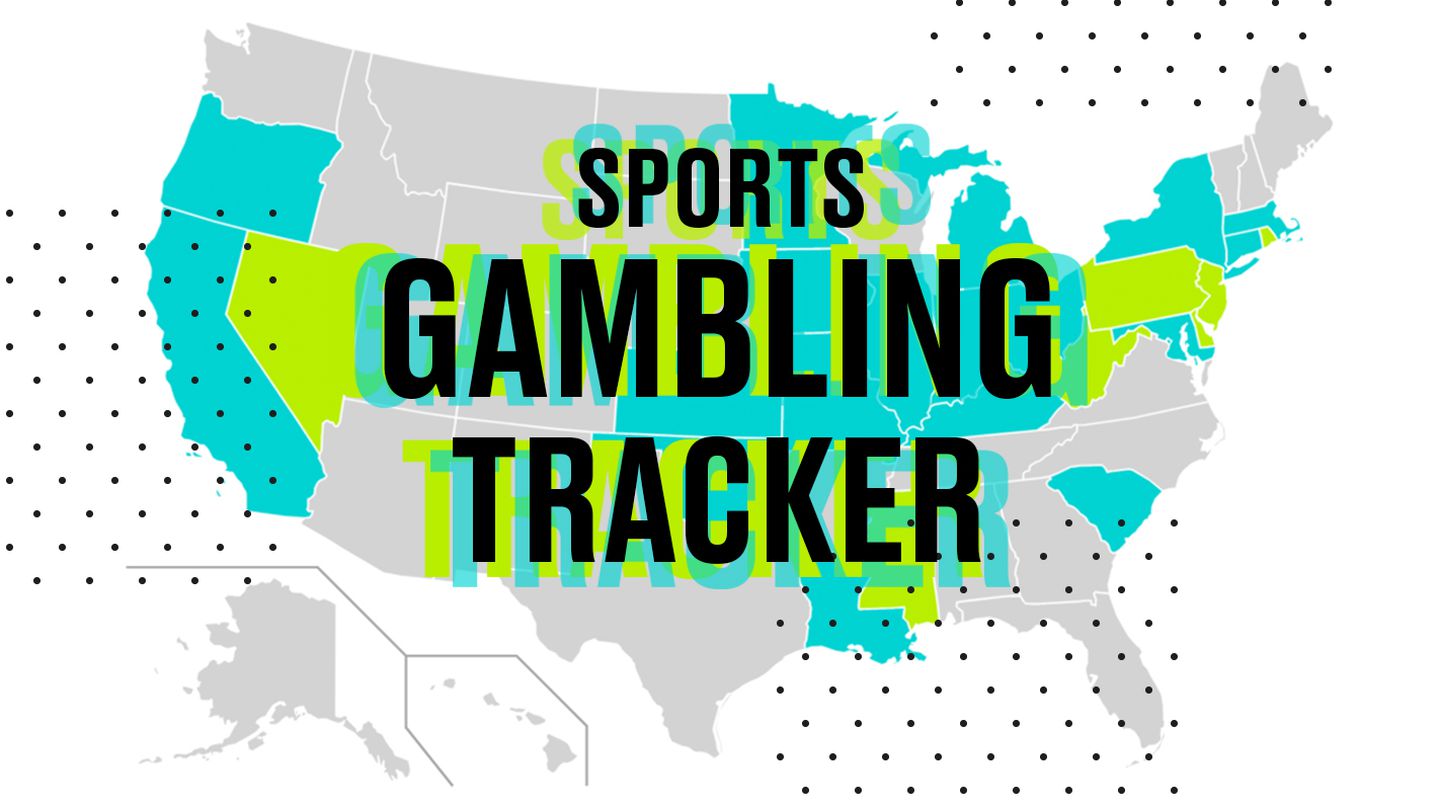Sports betting is beginning to be big business in the United States. Several individual states offer land-based and/or online sports betting with many already earning millions in revenues. Other states are considering legislation to get in on the action, though progress can be slow. In Maine, L.D. 553 was able to pass within both chambers of legislation in June only to sit on the desk of Governor Janet Mills without a signature.
Waiting and More Waiting
Sports betting in Maine is unfortunately delayed as of right now. Governor Janet Mills did not sign the legislation before the 10 day deadline was up. The bill cannot become law and will now sit in place until the next legislative session. When the new session starts, the governor then has three days to choose to veto the measure or allow it to pass into law minus her signature. To speed things up somewhat, lawmakers can call a special session during the summer months. If they will do so has yet to be determined.
So, why didn’t the governor sign the bill? The legislation is being considered as a measure that will allow a free-market for sports betting in the state. Retail sportsbooks will be allowed to operate inside a gaming facility as well as mobile applications. With online sports betting, provider are not bound to a retail location in order to offer services.
In many states, such operations are bound to land-based casinos or other types of gaming facilities. In Maine, lawmakers noted that such a restriction is odd when considering general business practices. Senator Louis Luchini pointed out that companies like Amazon are not required to be linked to grocery stores, so why should online gaming operators.
Details of the Bill
With the legislation, online and land-based operations would have different tax requirements. Land based operators would be taxed less at 10% while online operators would be taxed at a higher 16%. No cap is placed on online operator and every gaming facility in the state is allowed to take part in the new industry. This could create quite the expansion for gambling in the state.
Among state officials, there is a fear that gambling addiction rates will increase. Some believe that if more gaming is offered, the chance of players becoming addicted will rise as well. However, one could look at a number of states that have expanded their offerings as of late, including New Jersey and Pennsylvania to see that an increase in addiction rates is not guaranteed and players have access to quality resources to help if an addiction were to occur.
For Maine to stay in competition in their region of the US, sports betting will have to become a factor. Pennsylvania, New Jersey, Delaware and Rhode Island all offer services and would be considered competition to Maine.
As more states begin to offer sports betting, the activity should become more prevalent across the nation. In Maine, players will have to wait until 2020 most likely before being able to access the activity within the state’s borders.
If Governor Mills chooses to veto the measure, the senate does have the ability to override the decision. The senate would need a two-thirds majority vote. The bill only passed with a 19-15 vote so that might not be possible. A total of 24 senators would have to vote in favor to see the bill become law after a veto.
We shall see in the coming weeks what happens with the legislation, if a special session is called just what will happen in Maine regarding sports betting pursuits.




